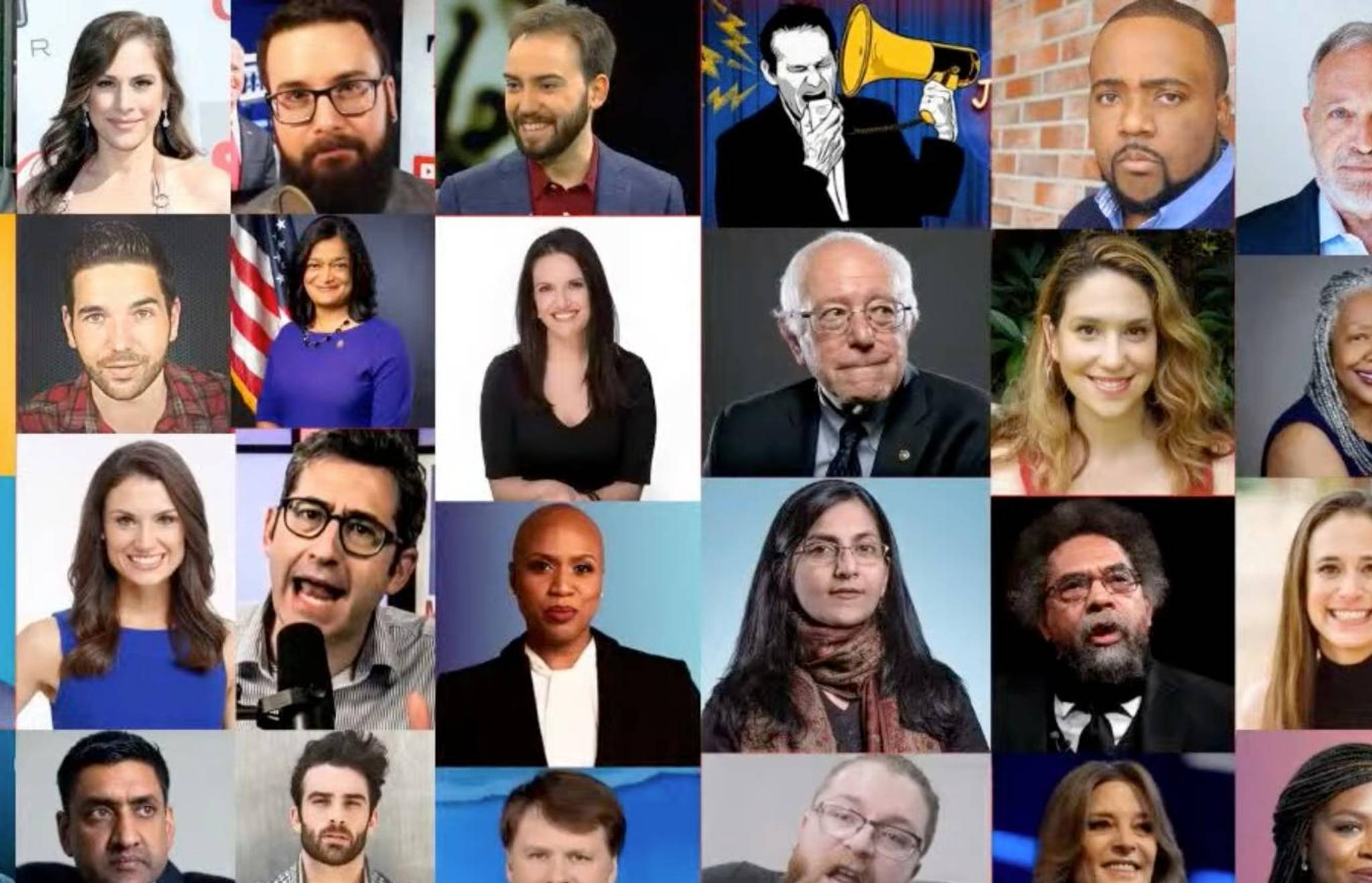
In an ominous era of polycrisis, trust in mainstream media is declining. As people tire of constantly negative news cycles and seek alternatives within a monopolised industry, they’re turning to indie outlets for more democratic forms of journalism. But how are these impacting the news landscape?
In April 2023, media behemoths Buzzfeed and Vice announced the closure of their news departments. It spells the end of the road for two titles that once promised to upend the industry and challenge legacy media. These failed forays into serious reporting are a symptom of a fragmenting news landscape, one that’s seeing more and more people flock to alternative sources of information.
Of the big players in the UK, the BBC – despite recently being embroiled in a national debate around Conservative cronyism – stands as the most-trusted source of news among Britons. Yet, just 44% actually consider the organisation trustworthy. This dwindling faith can be attributed to increasingly polarised debates about politics and widening cultural rifts; between the Brexit referendum and the summer of 2022, trust in the news decreased by 16 percentage points.
Within this context, many young people are rejecting mainstream national press in favour of more democratic journalism that offers transparency, representation, and reassurance. It’s a shift that’s seeing previously fringe outlets become popular news hubs with hundreds of thousands of engaged fans online. But why exactly are people placing their trust in these outlets?
Dr. Julie Firmstone, an associate professor at the School of Media and Communication at the University of Leeds, conducted a study involving over 3,000 Britons and discovered that higher levels of media literacy and a greater understanding of the news production cycle lead to higher levels of trust. “When people feel knowledgeable about how news is regulated and how journalism works, they are more likely to trust the news it produces,” she says.
Organisations that offer a solution to misinformation and promise to democratise the news landscape are capturing people’s attention. This is especially true for audience-funded projects – a model that enables people to actively rail against a broken media system by subscribing to an independent alternative.
Double Down News – a left-wing, Patreon-funded media outlet in the UK – delivers its news content in video format on its site and across social media and is founded on progressive, audience-first principles. “In an ever increasingly divided world, our job isn’t to drive people further apart with fear and fiction but bring them together with empathy and evidence,” reads its website.
The popularity of such platforms also points to the importance of format; two-thirds of Britons say they now use the internet for their news consumption – a figure that climbs to 87% among 16- to 24-year-olds. In this context, challengers are innovating the way they deliver news as a way of building trust and engagement.
Novara Media is another case in point. It also relies on the democratic model of audience funding and has risen to prominence thanks to its social media presence and focus on podcasting. The audio format is an effective conduit for authentic discussion and idea sharing while offering audiences respite from bleak screen-based news cycles. By then serving this up in bite-sized chunks across social media, Novara has gained around one million followers and subscribers across its online platforms.
With mainstream news media in the UK dominated by just four billionaires, these independent organisations stand as an alternative – providing news that’s funded by its audience and that’s not beholden to selfish political or financial interests. But as the industry continues to fracture, will the emergence of such outlets exacerbate the country’s culture wars? Or can these models pave the way for a fairer news ecosystem?



